Anthony of Padua, Saint: The Miracle Worker Who Found Lost Souls
Saint Anthony of Padua, born Fernando Martins de Bulhões in 1195 in Lisbon, Portugal, gave up a privileged life to join the new Franciscan order. There he found his calling as a teacher, preacher and miracle worker who revived the Catholic faith across Italy and southern France. Canonized within a year of his death at […]
Alexios III Angelos Komnenos, Emperor: A Byzantine Enigma
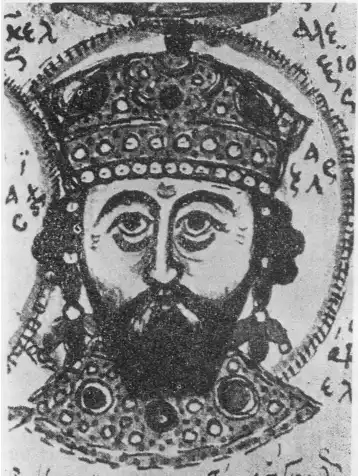
At the heart of the Byzantine Empire’s intricate tapestry of power and piety stood Alexios III Angelos (1153–1211), a figure whose life intertwines with the ecclesiastical and secular realms in ways that continue to fascinate and perplex historians and enthusiasts alike. His tenure as emperor, marked by a unique engagement with the church’s affairs, represents […]
Anna the Prophetess, Saint | A Devout Woman Who Welcomed the Messiah
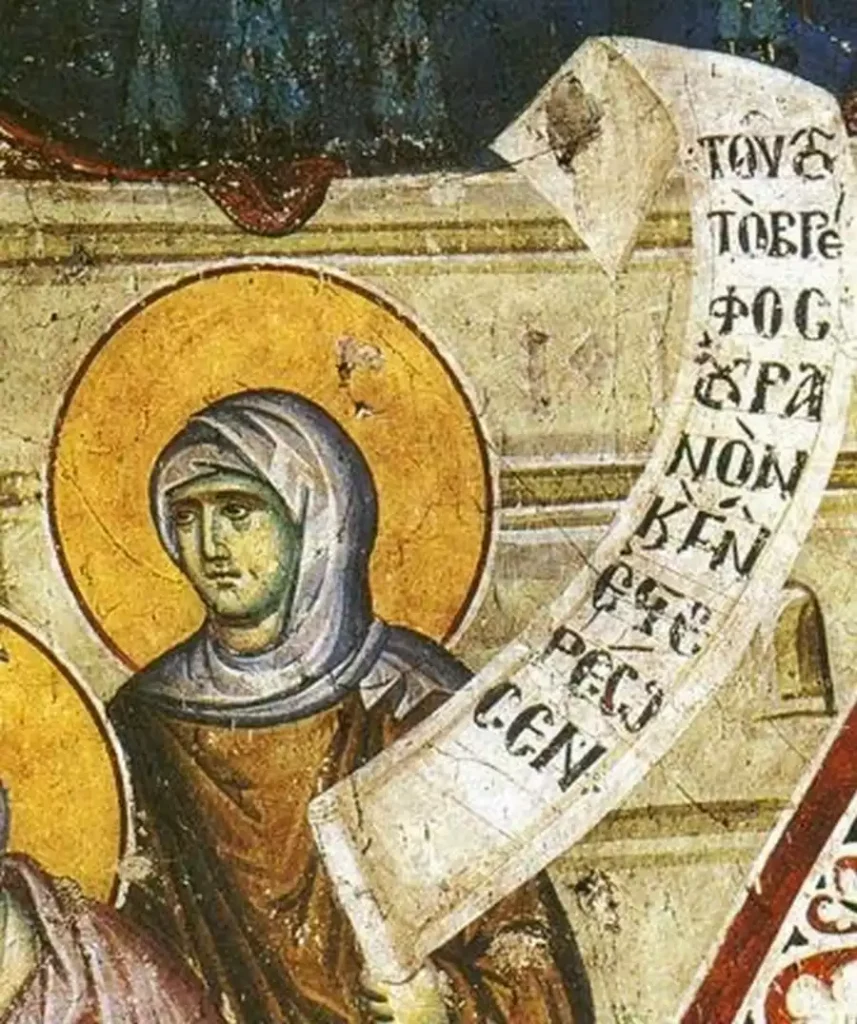
Devout Widow Anna Example of Faithfulness Anna was a prophetess who served God day and night in the Temple in Jerusalem. When Mary and Joseph brought the infant Jesus to the Temple to present him to the Lord, Anna recognized him as the long-awaited Messiah. Her story is told in the Gospel of Luke. Anna […]
Apostolic Constitution | What it is
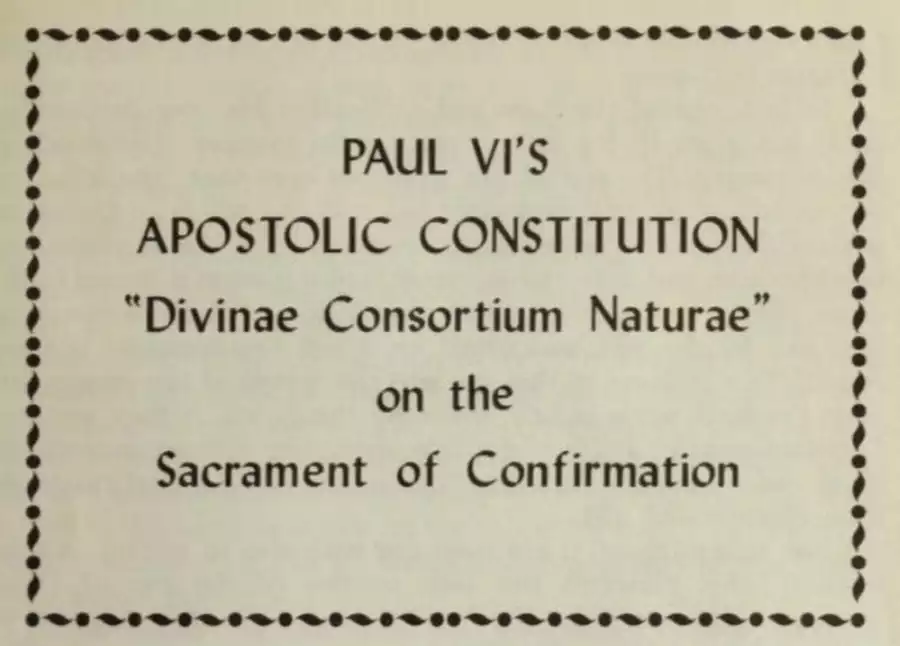
Unveiling the Significance and Impact of the Church’s Highest Decrees The Apostolic Constitution, a term that resonates with authority and tradition within the Catholic Church, represents the highest form of decree issued by the Pope. Rooted in centuries of ecclesiastical history, these documents are pivotal in shaping church law and doctrine. They are often issued […]
Athenagoras, Ecumenical Patriarch: Architect of Unity
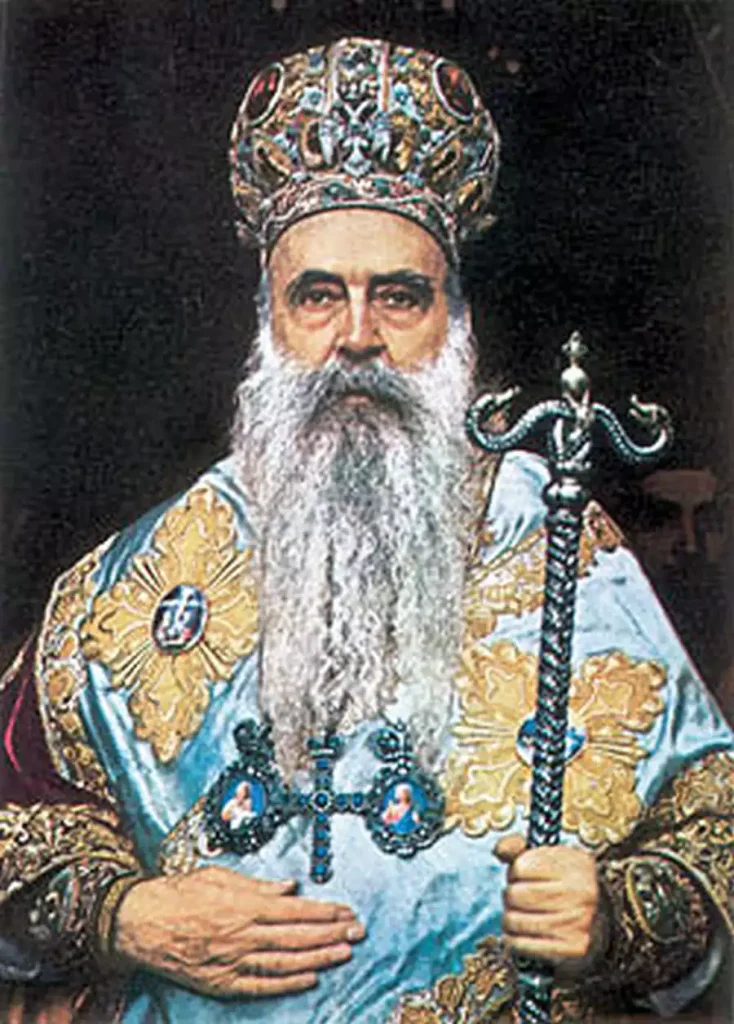
Born on March 25, 1886, in the village of Vasiliko, Epirus, and passing into eternity on July 7, 1972, Aristoklis Spyrou, better known as Athenagoras, embarked on a spiritual and transformative journey that reshaped the landscape of 20th-century Christianity. His path from a small Greek village to the exalted role of Ecumenical Patriarch was marked […]
Autocephaly | Orthodox Church’s Unique Unity
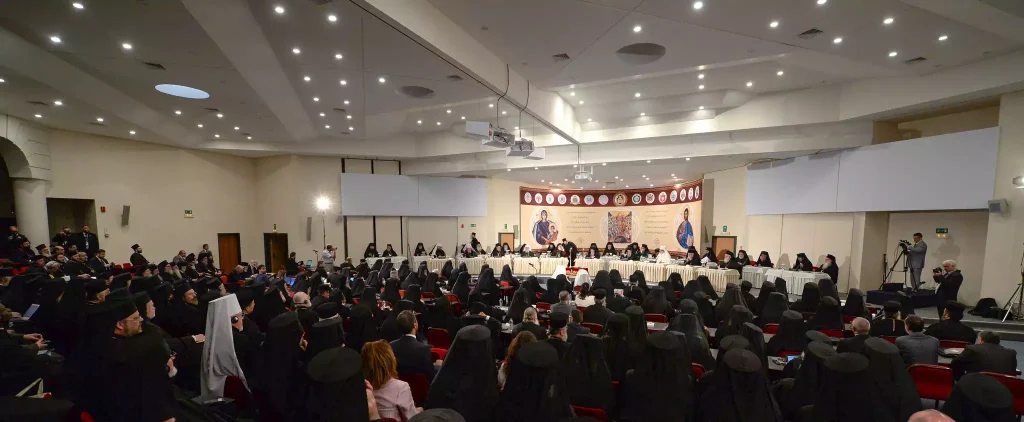
In the intricate tapestry of Orthodox Christianity, the concept of Autocephalous Orthodox Churches stands as a testament to ecclesiastical autonomy and unity. This sacred fabric, woven through centuries, sees the Ecumenical Patriarchate not merely as a figurehead but as the ‘First among Equals’ in a symphony of autocephalous entities. The historical and spiritual significance of this arrangement, dating back to the earliest days of the Church, reveals a profound truth about the balance of power, respect, and harmony within the Orthodox faith. As we delve into the essence of this religious structure, we uncover the beauty and complexity of a system that has withstood the test of time, fostering unity while respecting the unique identity of each member.
Acts of the Apostles
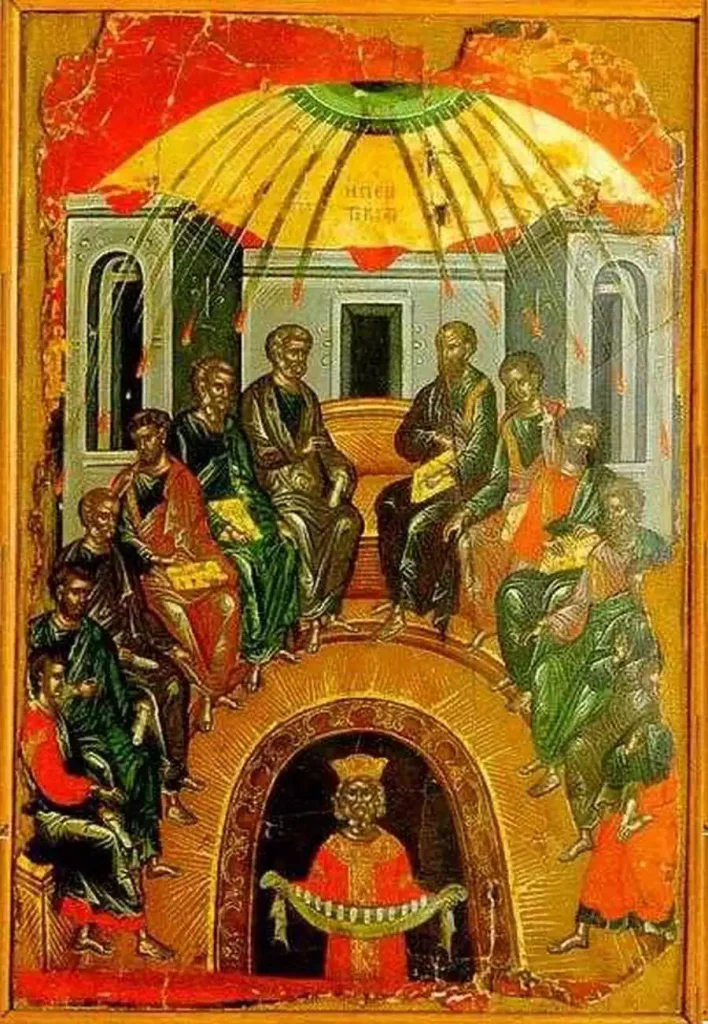
The Acts of the Apostles 1:1 In my initial composition, O Theophilus, I chronicled everything Jesus embarked upon, both in action and teaching, 1:2 up to the moment of His ascension, after imparting His commands through the Holy Spirit to the apostles He had chosen. 1:3 Following His suffering, He presented Himself alive with numerous […]
Angelus | Significance and Practice in Marian Devotions
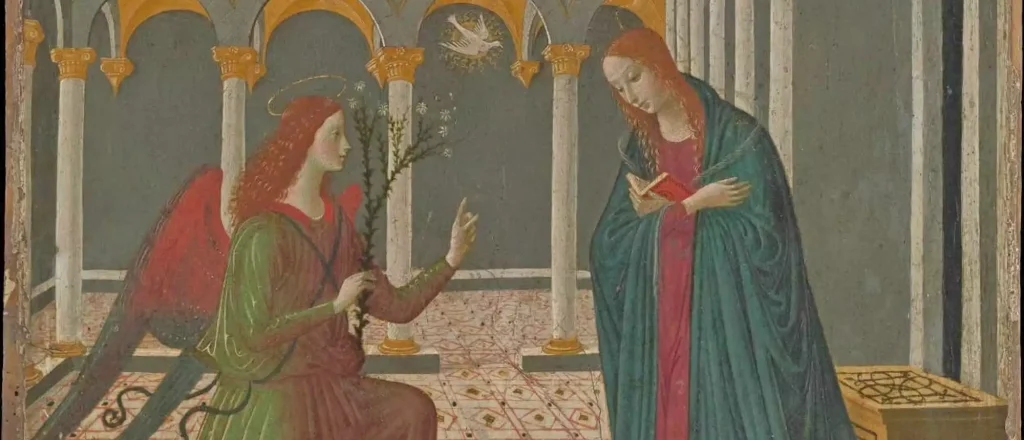
The Angelus, a revered practice within Christian Marian devotions, holds a profound place in the religious and cultural life of many believers. This devotional exercise, deeply rooted in Christian tradition, serves as a daily reminder of the Annunciation – the moment when the Angel Gabriel announced to the Virgin Mary her role in the birth […]
Abraham | Father of the Jewish Nation
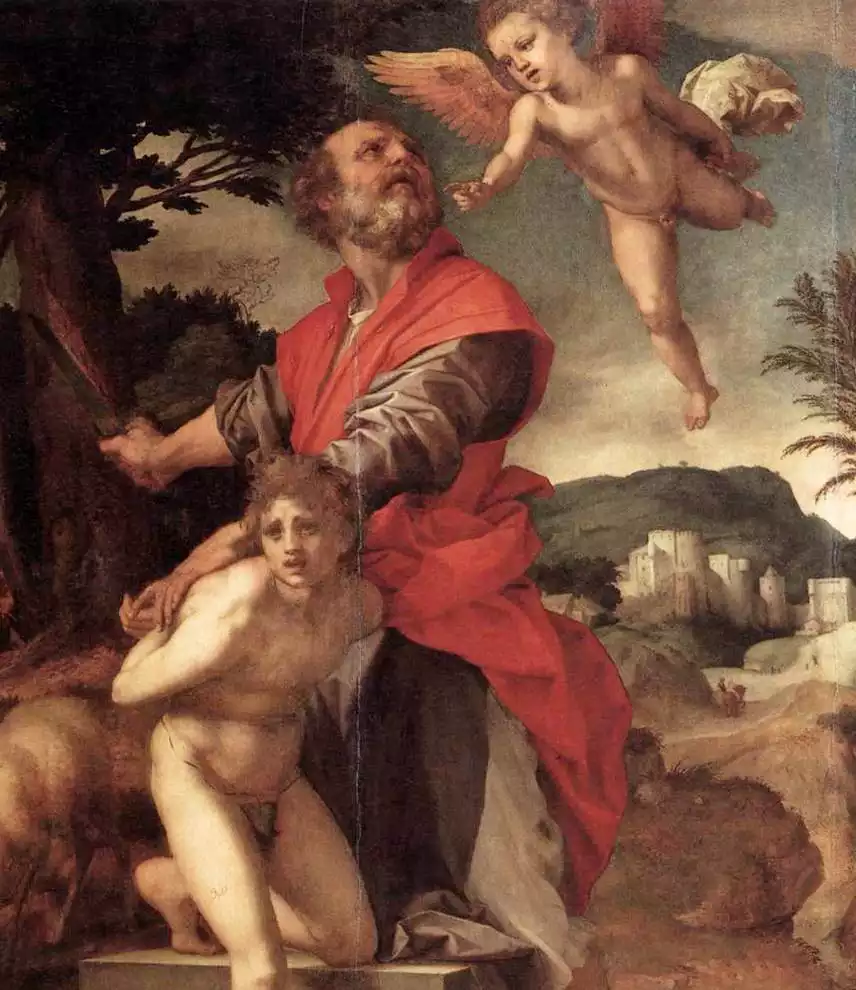
Abraham, often revered as the father of the Jewish nation, holds a paramount place in history, theology, and the hearts of millions. His life, spanning from approximately 2000 BC to 1822 BC, marks a foundational epoch in the formation of Jewish identity and religious tradition. This pivotal figure’s journey, characterised by faith and covenant, not […]
Albania, Orthodox Church of
The Eastern Orthodox Church of Albania, known in Albanian as Kisha Ortodokse Autoqefale e Shqipërisë, is a pivotal religious institution in Albania. Recognized as an autocephalous church by the Ecumenical Patriarchate of Constantinople in 1937, it forms an integral part of the Eastern Orthodox communion. This article delves into the historical journey and contemporary structure […]
Armenian Apostolic Church | Origins and Evolution

The Armenian Apostolic Church stands as a beacon of Christian faith, characterized by its rich history and enduring traditions. Deeply intertwined with Armenian identity, this institution represents not only a religious movement but also a cornerstone of cultural heritage. The term “Armenian Apostolic Church” traces its roots to the Apostolic era, signifying its establishment by […]
Armenian Catholic Church | Comprehensive Overview
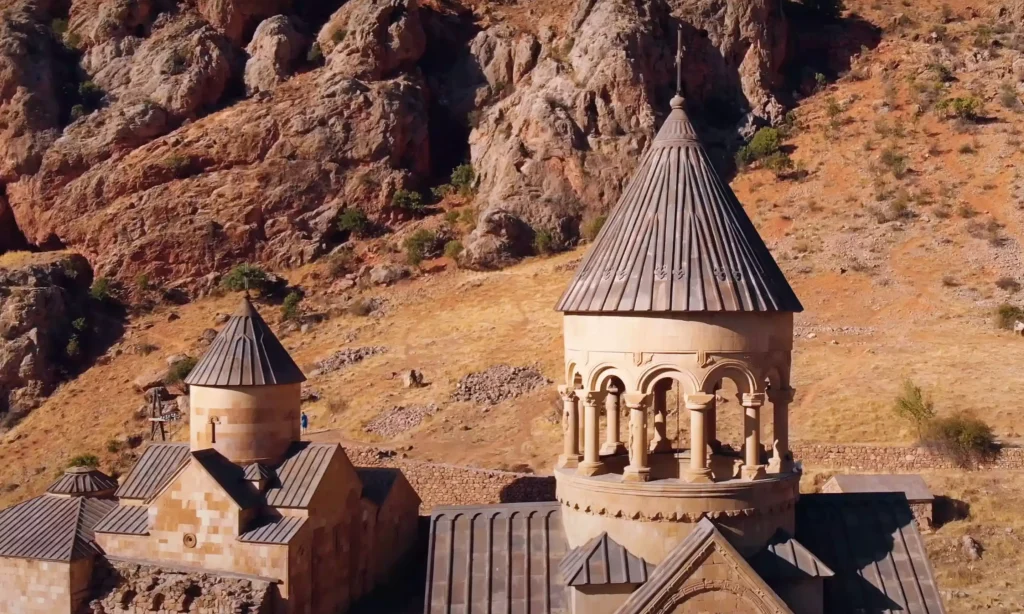
The Armenian Catholic Church, rooted in a rich tapestry of historical and theological distinctiveness, represents a unique facet of the universal Christian faith. Emergent from the ancient Armenian Apostolic Church, this Eastern Catholic Church harmoniously blends the antiquity of Eastern Christian traditions with the universal communion of the Roman Catholic Church. Tracing its etymological and […]
Apostolic Succession | Cornerstone of Ecclesiastical Continuity
Historical and Etymological Genesis of Apostolic Succession Apostolic succession, a term deeply rooted in Christian ecclesiology, refers to the continuous transmission of spiritual authority through the bishops, dating back to the apostles of Jesus Christ. This concept, pivotal in maintaining doctrinal purity and organizational unity in various Christian denominations, finds its origins in the early […]
Assyrian Church of the East | A Comprehensive Overview
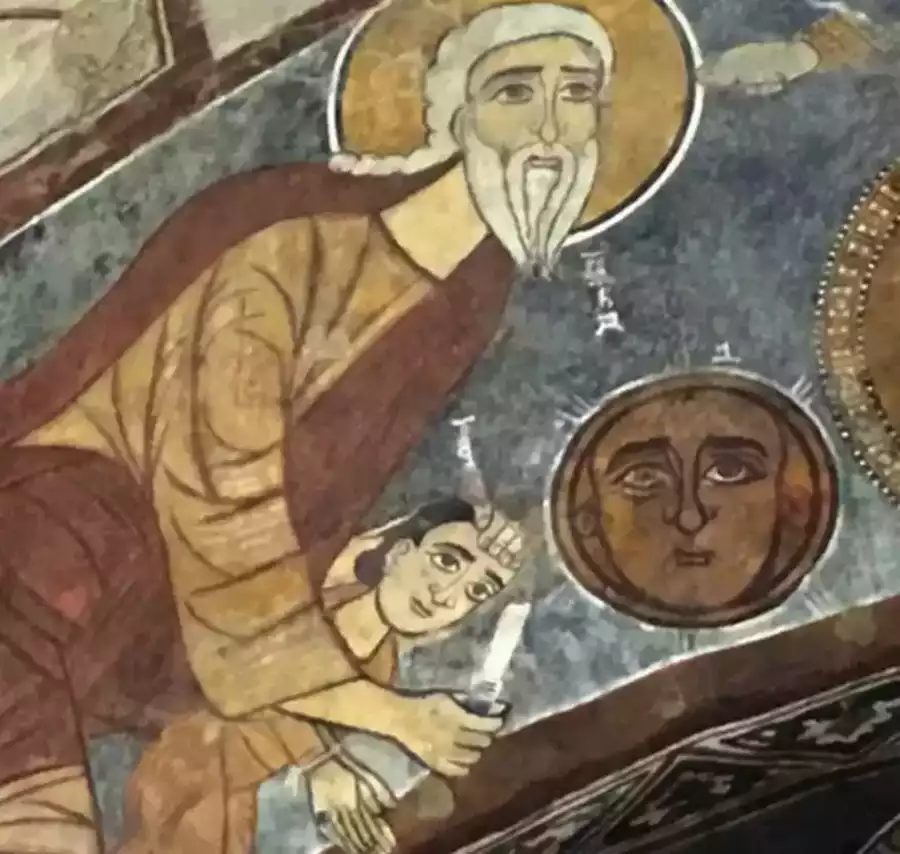
The Assyrian Church of the East, often synonymous with historical and theological richness, stands as a distinctive Christian denomination. With roots deeply entrenched in the early Christian communities of the Near East, it embodies a blend of ancient traditions and theological interpretations unique to its followers. Notably, its establishment and evolution have been pivotal in […]
Antony of Egypt, Saint
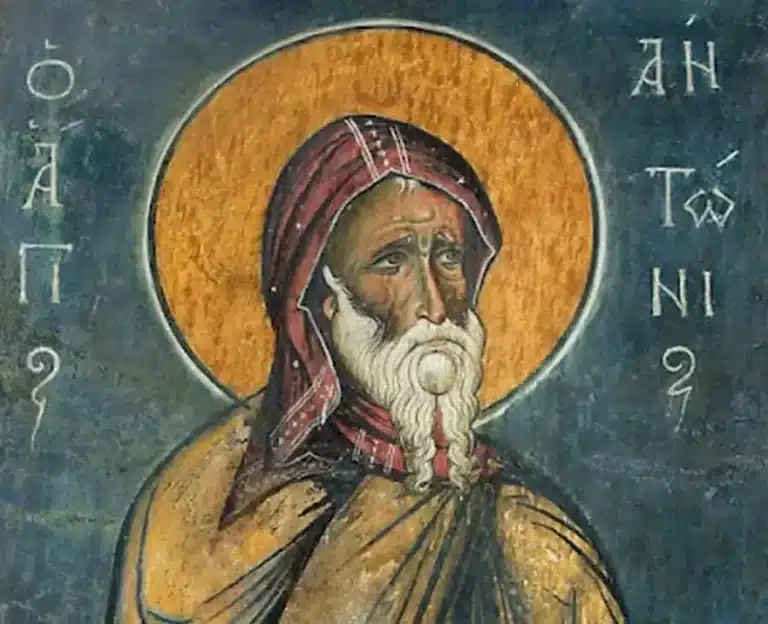
Birthed circa 251 AD and passed in 356 AD, Saint Antony of Egypt is venerated as the Patriarch of Monasticism. His hermetic existence in Egypt’s deserts denoted the genesis of a phenomenon that would substantially mold Christian spirituality and monastic traditions. Antony’s ascetic life and unflinching commitment to spiritual rumination established an exemplary model for […]
Andrew, Saint | The First-Called Apostle
Saint Andrew the Apostle, born between 5 and 10 AD and traditionally believed to have died around 60-70 AD, stands as a pivotal figure in Christian history. Known for being one of the original twelve apostles of Jesus Christ, his life and legacy have had a profound impact on the Christian faith. Hailing from Bethsaida in Galilee, Andrew’s journey from a simple fisherman to a devoted follower of Jesus forms a cornerstone in the narrative of early Christianity. His martyrdom is a testament to his unwavering faith and dedication to spreading the teachings of Jesus.
Acts of the Apostles | Analysis and Historical Context
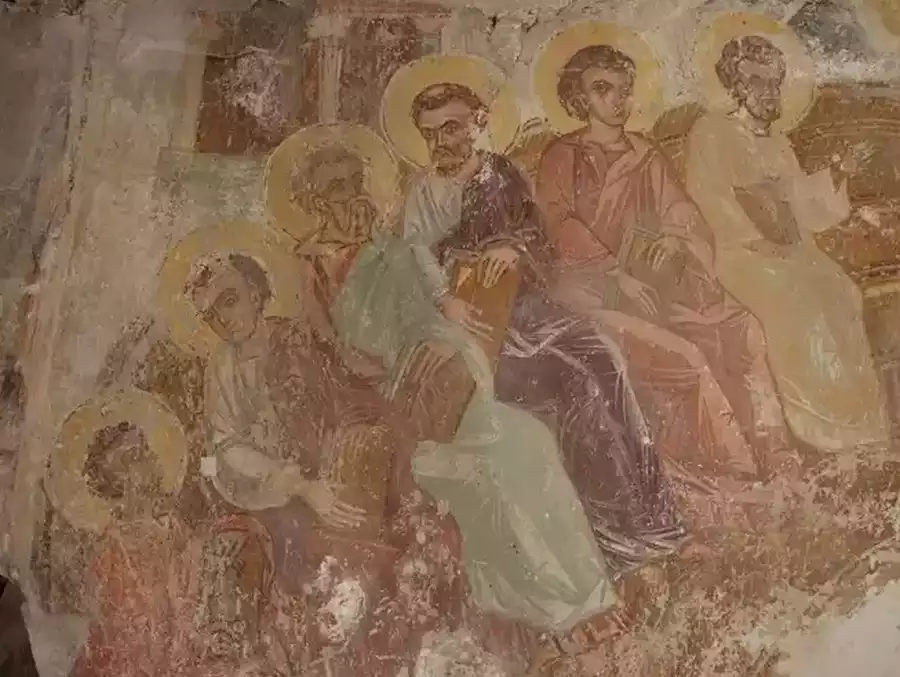
The Acts of the Apostles, often simply referred to as Acts, stands as a pivotal New Testament book chronicling the early Christian church’s development. Authored traditionally by Luke the Evangelist, it is a sequel to the Gospel of Luke, forming a cohesive narrative known as ‘Luke-Acts’. This work, written in Koine Greek, primarily depicts the […]
Aristotle | Philosopher
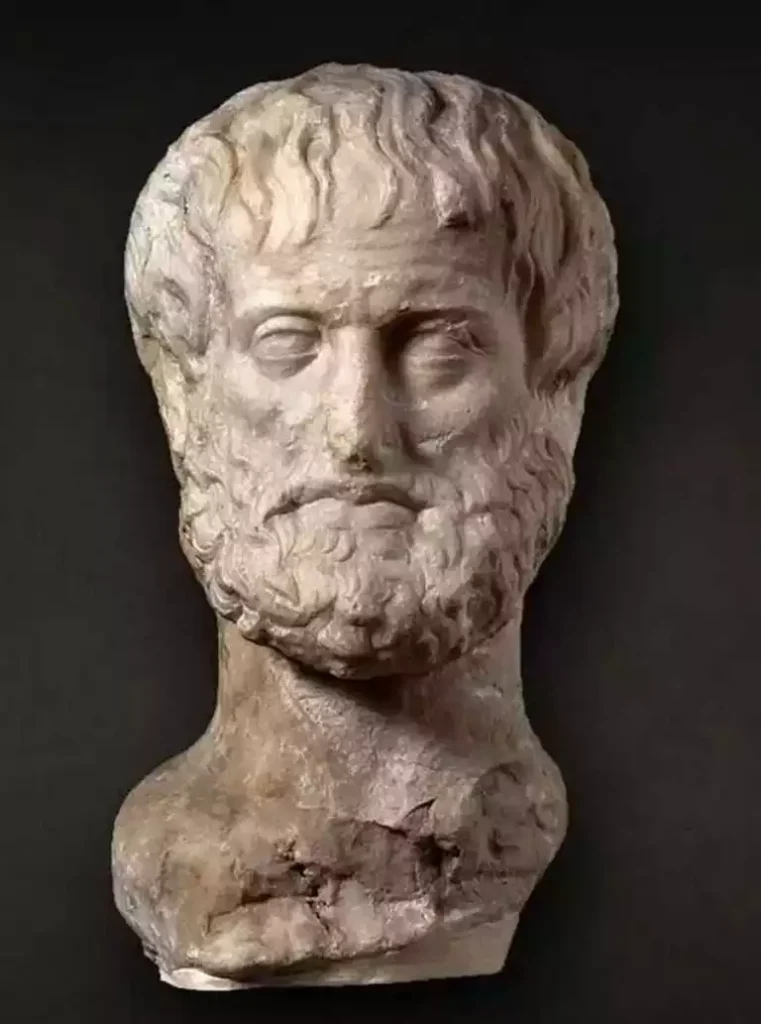
Aristotle, born in 384 BC in Stagira, Chalcidice, and passing away in 322 BC, remains a towering figure in the realm of philosophy. His contributions, spanning various fields, continue to influence modern thought. The son of Nicomachus, the court physician to the Macedonian king, Aristotle was deeply immersed in the intellectual and political life of […]
Adam and Eve | The First Humans
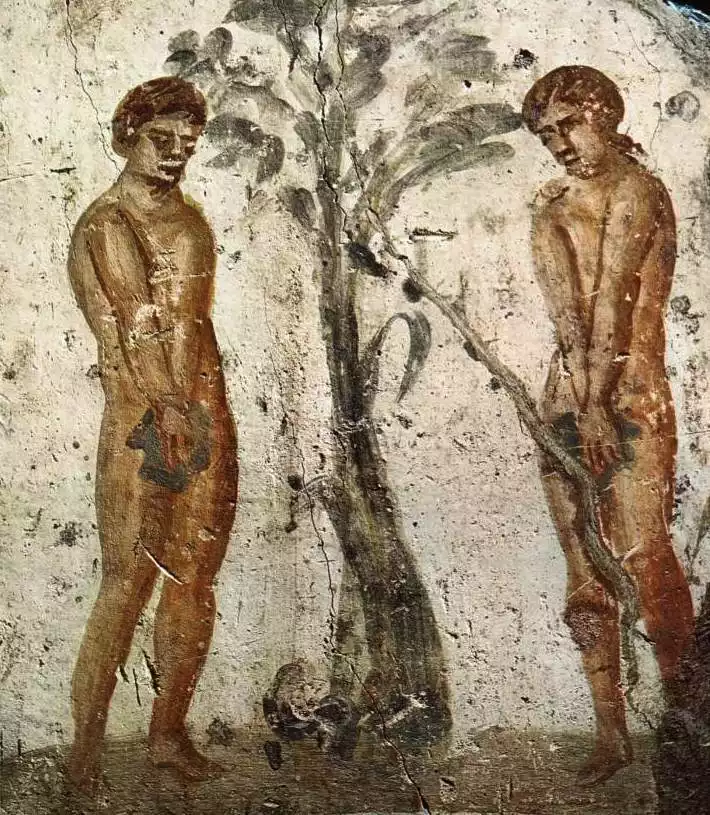
Adam and Eve, traditionally believed to be the first humans created by God, hold a significant place in Christian theology and mythos. Their story, primarily chronicled in the Book of Genesis, has been a subject of profound religious and cultural importance. Although the exact dates of their lives remain shrouded in the realms of theological […]
Ambrose of Milan, Saint | Influential Early Christian Bishop
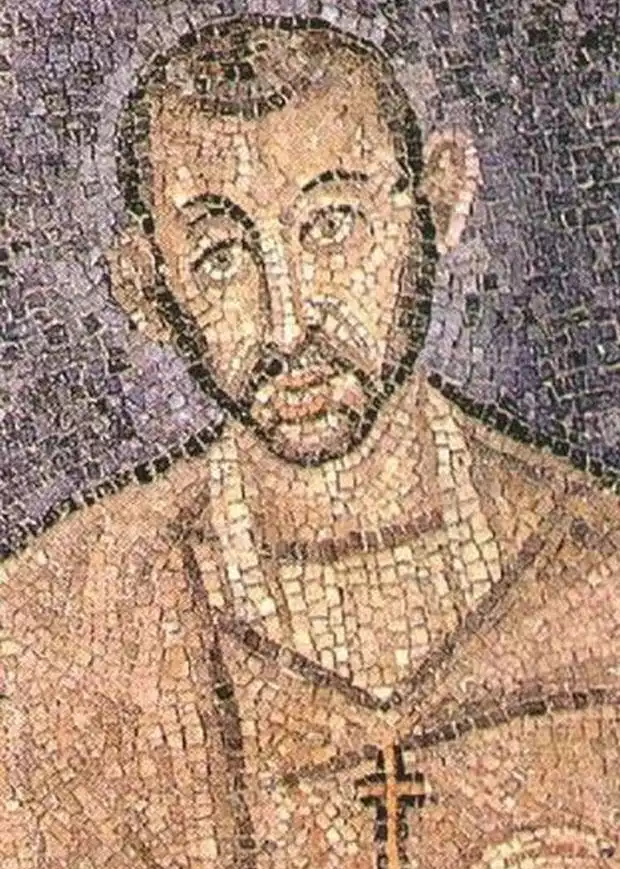
Ambrose of Milan, born around 340 AD and passing away in 397 AD, stands as one of the most influential figures in early Christian history. His life and works significantly shaped Christian theology, particularly in the Western Church. As Bishop of Milan, Ambrose was renowned for his eloquent preaching, his staunch stand against Arianism, and […]
Alcuin of York | Scholar, Theologian, and Architect of the Carolingian Renaissance
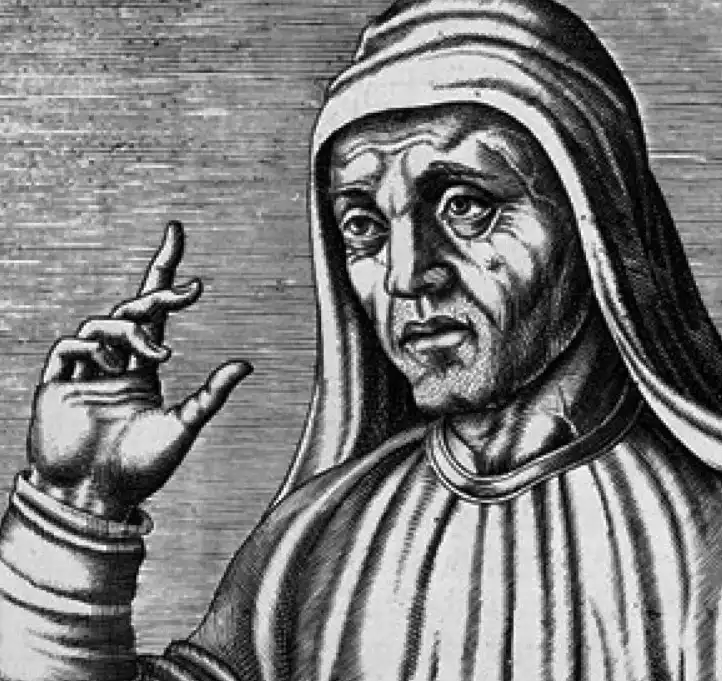
Alcuin of York (c. 735–804 AD), a pivotal figure in medieval Europe, emerged as a scholar, theologian, and the driving force behind the Carolingian Renaissance. His profound influence on educational reform and religious thought during the reign of Charlemagne marked a significant epoch in the annals of Western scholarship. Born in York, England, Alcuin’s life […]
All Souls’ Day | Commemoration and Reflection in Christian Tradition
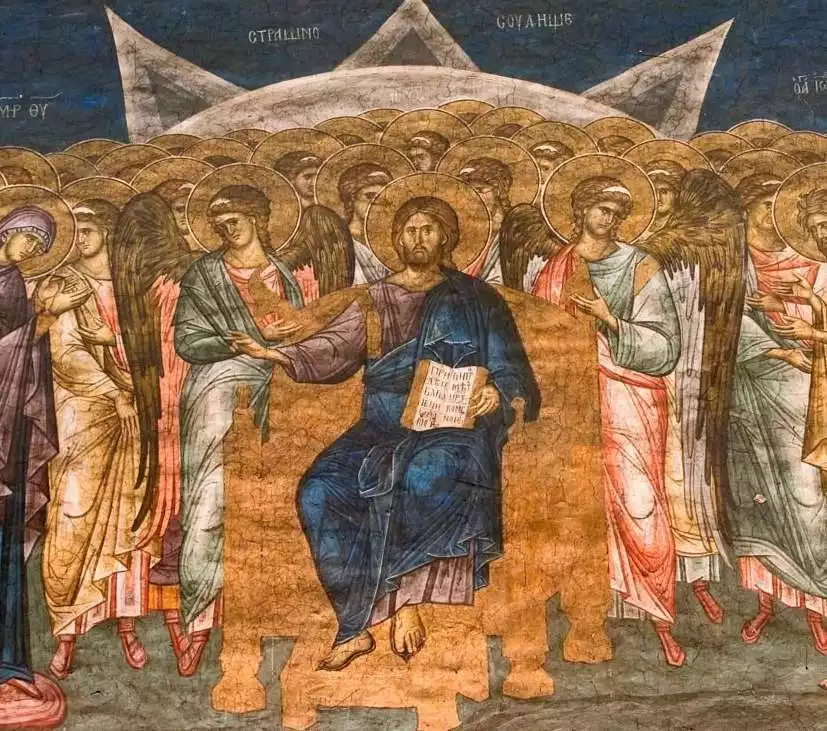
All Souls’ Day, observed annually on November 2nd, is a solemn Christian tradition dedicated to commemorating and praying for the departed souls. This day follows All Saints’ Day and is primarily recognized within the Catholic Church, although several other Christian denominations also observe it in various forms. Etymological Analysis The term “All Souls’ Day” […]
Alleluia | The Multifaceted Significance of a Sacred Exclamation
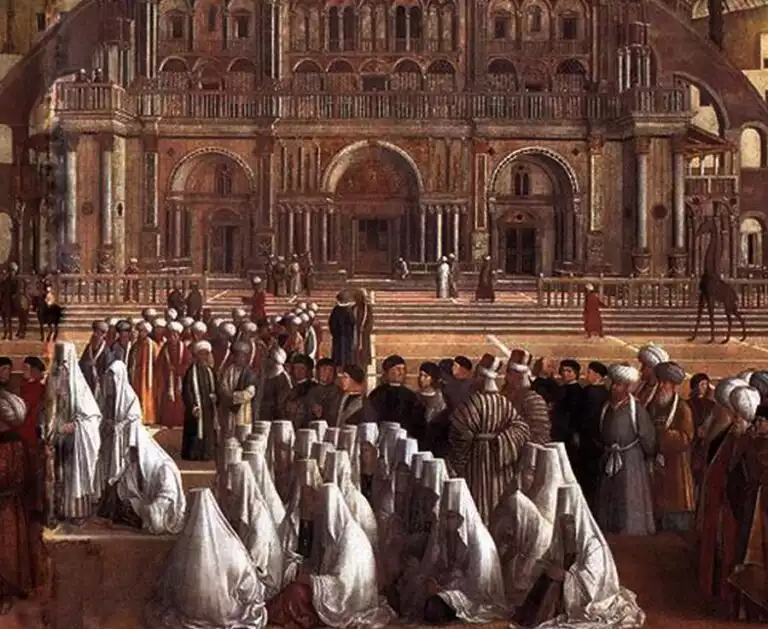
Alleluia, a term resonant with spiritual profundity, serves as an exclamation of praise and worship within various religious traditions. This word, embodying a jubilant spirit, is frequently encountered in Christian liturgies and hymns, symbolizing joyous acclamation and divine adoration. Its etymological roots can be traced to the Hebrew phrase “Hallelujah,” which translates to “Praise the […]
Almsgiving | Concept, Origins, and Practices in Society

Almsgiving, a practice deeply rooted in various cultural and religious traditions, represents the act of donating money, food, or other resources to the needy as a form of charity. This benevolent activity serves as a cornerstone for fostering community support and expressing compassion towards those less fortunate. Historically, almsgiving has been integral to religious teachings, […]
Alpha and Omega | An In-Depth Exploration
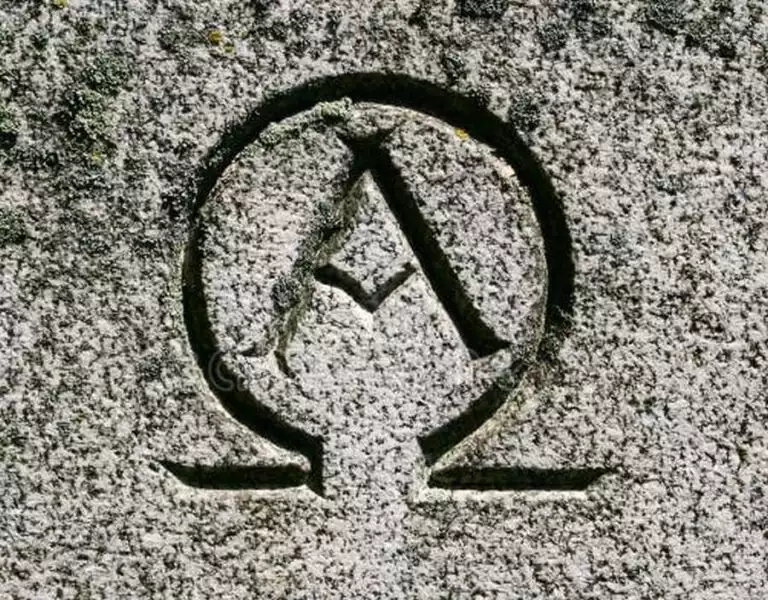
Alpha and Omega, a phrase deeply ingrained in Christian theology, symbolizes the eternal nature of God. Rooted in the Greek alphabet where Alpha is the first letter and Omega the last, this expression signifies the completeness and unchanging nature of God, encompassing all things from beginning to end. Its profound meaning has echoed through centuries, […]
